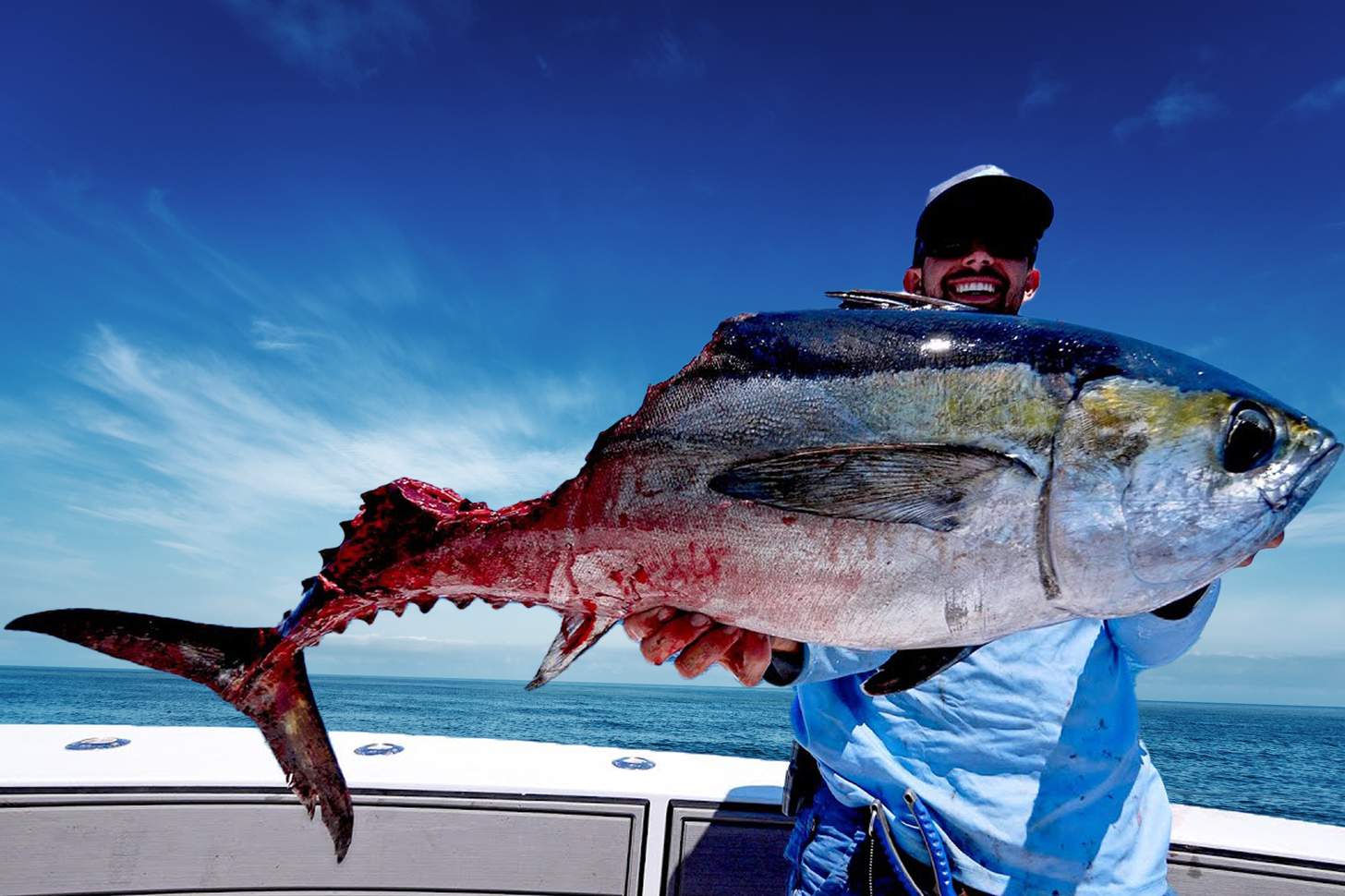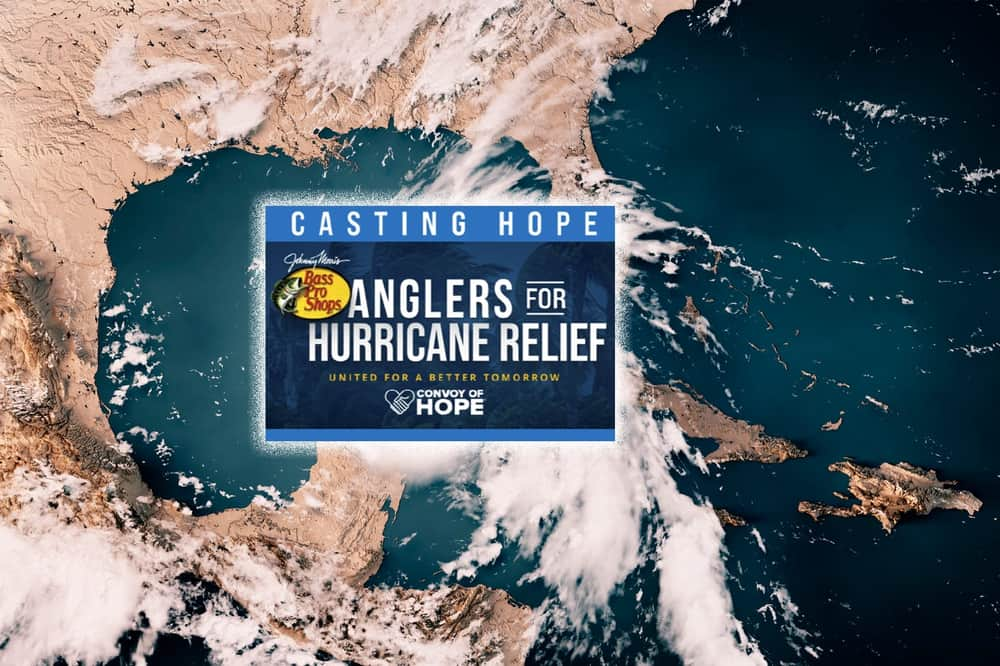Across the Gulf Coast, Florida Keys, and Southeast Atlantic, saltwater anglers are losing catches to sharks in recent years. Few things are more disheartening than the thrill of fighting something wild and heavy, only to feel the line go slack mid-reel as a shark steals your fish in the final moments. What used to feel like bad luck has become a frustrating routine as sharks learn to shadow fishing boats in search of an easy meal. A new piece of proposed legislation know as the SHARKED Act aims to change things.
“I’ve been on boats where we’re working in nice yellowfin tuna only to see the line slacken and a tuna head come bobbing toward the boat,” angler Ken Perrotte wrote on Facebook.
In January 2025, House Bill 207, also known as the Supporting the Health of Aquatic systems through Research, Knowledge, and Enhanced Dialogue (SHARKED) Act, passed the U.S. House of Representatives by voice vote. Introduced by Rep. Rob Wittman of Virginia, the bill would create a federal task force focused on the rising problem of shark depredation: sharks taking bites out of, or outright stealing, a hooked fish before it can be hauled into a boat.
The bipartisan bill is now making its way through the Senate, where a companion version sponsored by senators Rick Scott of Florida and Brian Schatz of Hawaii, recently advanced out of committee. It now awaits a full Senate vote.
What the SHARKED Act Task Force Hopes to Accomplish
If signed into law, the SHARKED Act would establish a national task force under NOAA Fisheries to:
- Develop ways to improve coordination and communication across the fisheries management and shark research communities.
- Identify research priorities and funding opportunities.
- Develop recommended management strategies to address shark depredation.
- Coordinate the development and distribution of educational materials.
The task force would be required to report back to Congress within two years, with subsequent reports to be filed every two years after that. The bill includes a seven‑year sunset clause unless it is reauthorized.
A Growing Concern
For saltwater anglers, the SHARKED Act is more than bureaucratic jargon; it's a long-awaited acknowledgment of a serious, on-the-water problem. Shark depredation has become one of the biggest challenges in saltwater fishing. And the problem does more than frustrate fishermen. It also wastes good fish, undermines catch-and-release efforts, and endangers the sharks through unwanted hookings.
A 2022 study published by the South Atlantic Fishery Council found that 77% of anglers had experienced shark depredation. And as sharks learn to associate boat noise with easy meals, the problem just keeps growing.
Proponents of the bill believe the SHARKED Act offers a measured, science‑based response to a frustrating and growing problem. The bill is backed by a wide range of organizations, including the American Sportfishing Association, Bonefish & Tarpon Trust, Congressional Sportsmen’s Foundation, International Game Fish Association, and multiple state wildlife agencies.
But not everyone is cheering the SHARKED Act’s progress. Critics argue that the bill risks scapegoating sharks for natural predatory behavior, while ignoring deeper threats.
Global shark populations have dropped by more than 70% since 1970, driven largely by overfishing, habitat loss, and climate change. By focusing on depredation without addressing these root causes, opponents say the legislation misdirects attention and could unintentionally do more harm than good.



